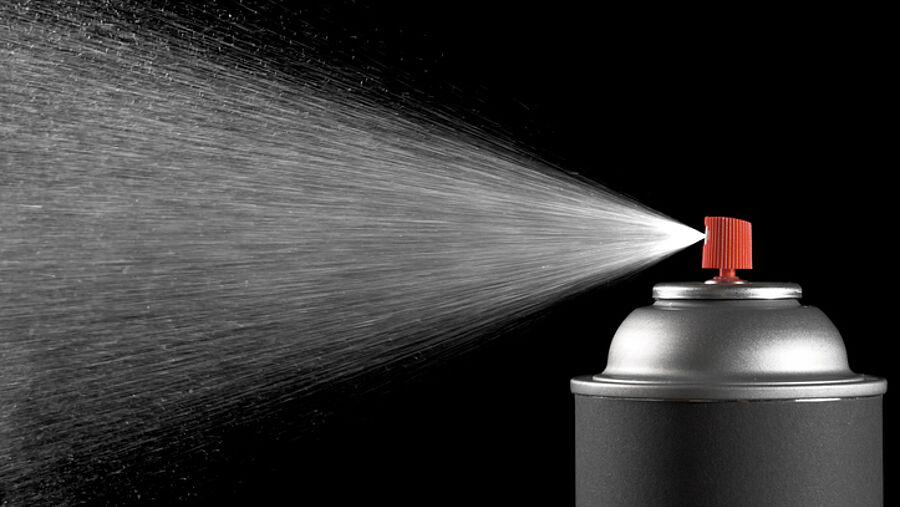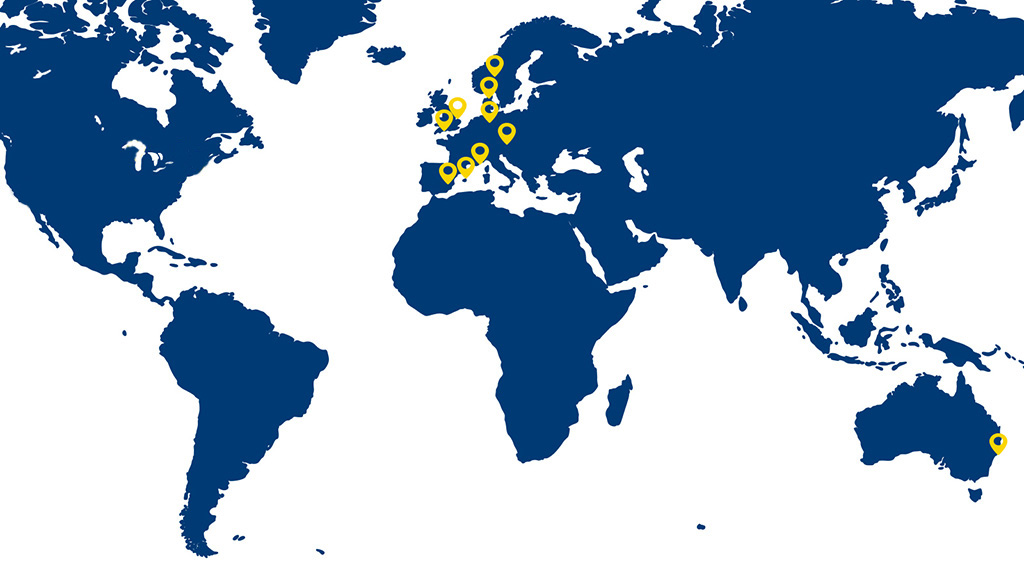Careful with those spray cans!
It was going to be a normal working day in winter storage when the owner of a nine metre long yacht was suddenly hit by a huge shock wave. What sounds like the beginning of a crime novel is unfortunately becoming a common reality. The injured person suffered burns to his face and body.
His yacht also suffered considerable damage: hinges broke free of the screw connections, hatch frames flew out of the deck, and baking crates were pushed outwards. What had happened?

Equipped with a large can of brake cleaner, the yacht owner went to work to clean oily and dirty engine components - a process that is carried out thousands of times every year. However, the owner was not aware that the liquefied gas could collect inside the ship and form an explosive atmosphere. "A few sprays and a small spark are enough to cause a deflagration or even an explosion," explains Axel zu Putlitz-Lürmann, head of the claims department at yacht insurance specialist Pantaenius. In this case, a gas furnace was the trigger. The yacht owner was lucky to escape with having only suffered an enormous shock, burns and injuries, as well as the considerable damage to the yacht, in the five-figure range.
Putlitz-Lürmann warns again: "When handling spray cans, utmost caution is required. In the long run, boat owners in particular will hardly be able to do without the use of flammable substances - all the more important that care is taken to ensure proper handling." First of all it has to be clarified - how do such explosions occur?
In the past, spray cans contained only non-combustible propellants such as CFCs. In the meantime, it has been established that these are partly responsible for the hole in the ozone layer. Today, liquid gas (butane/propane) is more commonly used as the propellant, as an environmentally friendly and cost-effective alternative. The danger: liquid gas is highly flammable. What is completely harmless with proper use can have dramatic consequences with thoughtless use.
"Basically, cleaning agents with a high solvent content should always be used very carefully. An alternative are engine cold cleaners, which are far less aggressive but still effective," advises Putlitz-Lürmann.
And it’s not only the liquid gas itself that represents a danger; the brake cleaner is also dangerous. Whether dispensed from a spray can or a canister, the brake cleaner evaporates after use to leave the instruments residue-free, but breathing these fumes in can be significantly damaging to health and therefore they must only be used outside, in well ventilated areas. The storage of these substances should also be carried out with the utmost care, they are highly flammable substances.
"Irrespective of which product you choose, take a look at the warning signs before each use. Reckless practices can have dramatic consequences for you and others," warns Putlitz-Lürmann.
